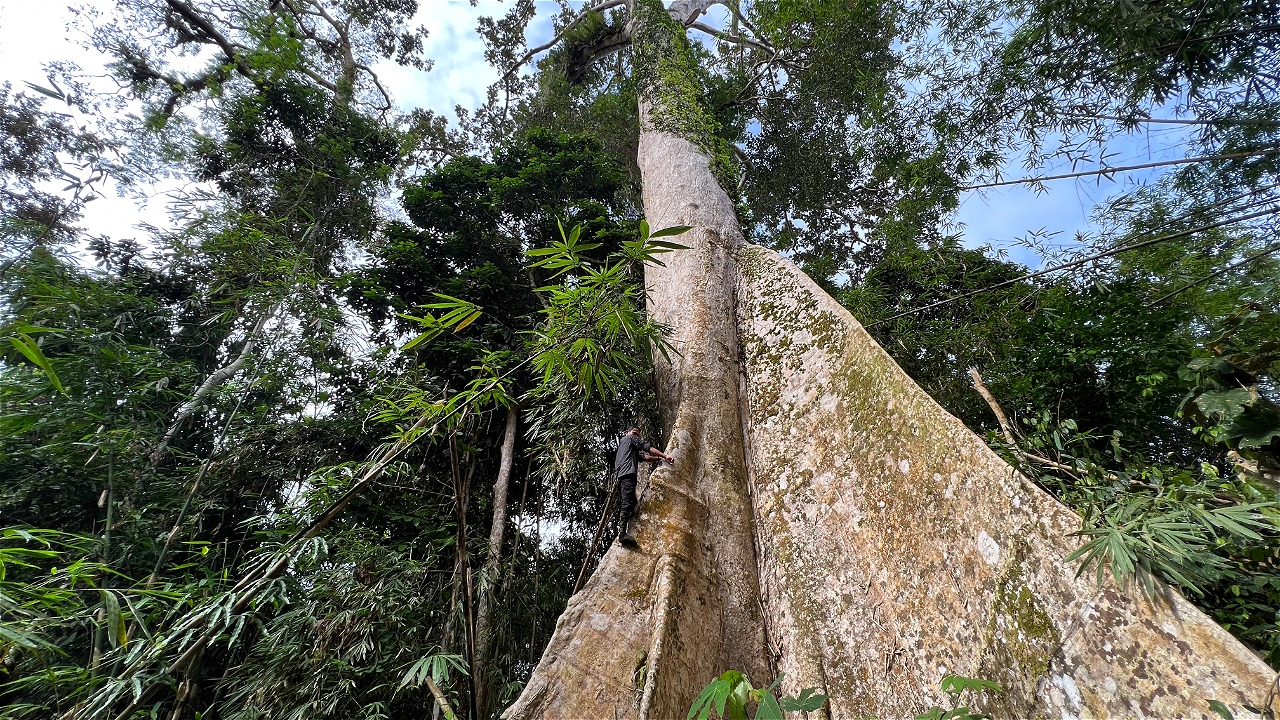ADVISORY TO BUYERS AND INVESTORS OF SINAR MAS GROUP/ASIA PULP & PAPER
On 28 April 2014, the Sinar Mas Group’s Asia Pulp & Paper (APP) expanded its Forest Conservation Policy with a new commitment to restore and support conservation of one million hectares of natural forest and other ecosystems on Indonesia’s Sumatra and Kalimantan islands.
WWF cautiously welcome this announcement, which was in response to a recommendation by NGOs including WWF that the company needed to address its legacy of deforestation. It is a key element in the EPN performance milestones document published by the North American and European Environmental Paper Networks (EPNs) to “guide customers and other stakeholders in determining whether APP’s policy commitments are being delivered effectively on the ground” (www.environmentalpaper.org/milestones).
WWF and many other NGOs have long criticized SMG/APP for the devastating impact their operations have had on Indonesia's rainforests, peatlands, species and local communities. Sumatra NGO coalition Eyes on the Forest, of which WWF-Indonesia is a member, estimated that APP and its wood suppliers cleared more than two million hectares of tropical forest since beginning operations 30 years ago.
APP’s new 1 million hectares initiative represents an area roughly equivalent to the total area of pulp plantations APP currently manages. Many analysis, innovation and consultation with many parties will be required to translate APP’s promise into effective restoration and conservation measures. APP itself admitted repeatedly during the media briefing that the details on how to implement this initiative are yet to be clarified.
WWF urges APP to create a truly independent advisory committee to identify the landscapes, engage their important stakeholders, prioritize the necessary conservation interventions, and direct and monitor the implementation of the respective action plans. WWF as an independent stakeholder and conservation expert had preparatory discussions on the landscape initiative with APP and separately with NGOs operating on the ground.
Since the launch of APP’s FCP in February 2013, WWF has participated in many meetings organized by APP, followed the progress of the FCP’s implementation as much as APP’s information policy allowed, and monitored the company’s field operations as a part of Eyes on the Forest and Kalimantan Forest Monitoring NGO (RPHK) coalitions.
WWF acknowledges that APP has started to work towards meeting its FCP and many of the milestones developed by the EPNs to help the company go beyond the FCP to full sustainability, transparency and addressing of its devastating legacy. It appears APP’s general FCP commitment so far is holding. But whether it will result in true lasting conservation gains is yet to be seen. A moratorium on all forest clearing operations appears to have been honoured by most, though not all, suppliers. In addition, WWF has seen many processes begun but is not yet aware of tangible results from most of them. WWF has been given only three of dozens of contracted High Conservation Value assessment reports for review so far and they appear to be lacking promised recommendations for the restoration of destroyed HCV areas in APP suppliers’ concessions. WWF is not aware that any High Carbon Stock assessments have been completed or that any real actions have been taken to remedy the serious impact APP’s operations are having every day on the country’s peatlands.
WWF is concerned by the level of transparency of the FCP implementation process with key documents not made available making independent verification of progress difficult. But the company can be commended for hiring a 3rd party auditor though audit performance indicators still required company approval.
WWF is a member of APP's Solutions Working Group and has agreed to advise the company on conservation landscape design. That does not imply that WWF endorses APP's products to be non-controversial at this time.
WWF continues to recommend that companies wait and see before sourcing from and investing in APP and their associated business entities, until there is truly independent 3rd party verification that the group has implemented its FCP as well as the EPN milestones. APP needs to integrate acceptable HCV, HCS and peat expert assessments in its new management plans, improve the management of its operations on peat to reduce the company’s emissions, address long-standing social issues, and define how it will address its deforestation legacy through the new 1 million hectare restoration and conservation initiative.
WWF, together with local NGOs in the Eyes on the Forest and RPHK coalitions will continue monitoring the company’s operations.
For more info, please kindly contact:
- Aditya Bayunanda (abayunanda@wwf.or.id)
- Nur Maliki Arifiandi (nmarifiandi@wwf.or.id)

